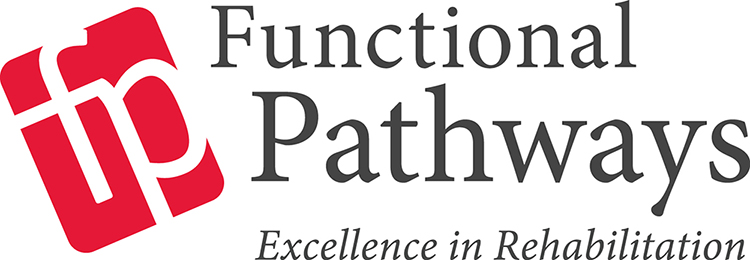Working in Silos: The Three Lives of a Cancer Patient
This is a story of an extremely active seventy-year-old man who was diagnosed with tonsil cancer that produced a tumor in his neck. This man volunteers 40 hours a week every week, for the past six years at the local elementary school, and is a retired Medicare beneficiary. He didn’t realize the difficult road he had ahead of him.
In preparation for the possibility that the radiation will cause swallowing deficits, a G-Tube was inserted one week prior to the commencement of chemotherapy and radiation treatments. However, this simple G-Tube placement procedure went wrong. (Silo 1- Radiologist didn’t take responsibility for the miss-placed tube and no referral made to a surgeon). The G-tube wasn’t in the stomach, which lead to a three-day visit in the ICU and a second surgery to properly replace the G-Tube and irrigate the debris floating around the abdominal cavity.
Consequently, a blood infection and an abscess on the liver eventually developed which required another hospital stay. (Silo 2- Infectious Disease physicians didn’t coordinate care partnership with the Oncology Team nor with the Surgical Team). Chemotherapy and radiation treatments had to be held during his hospital admissions because he was so sick.
What Happened Next
Eventually, he was able to complete all of his chemotherapy and radiation treatments and things should have been looking positive and he should have been feeling better. Unfortunately, the only “bouncing back” he did was a “bounce back” to the hospital for a third hospital admission for the abscess, that was previously treated and drained by the Infectious Disease Team, is now the size of a grapefruit. (Silo 3- Infectious Disease physicians didn’t coordinate care partnership with the Surgical Team)
Why was the abscess the size of a grapefruit and consumed all layers of the abdominal wall? Because the G-Tube was laying on the transverse colon, (that’s right folks, it wasn’t in the stomach– again!) and the water and feeding that was placed in the G-Tube for nutrition and hydration was actually going through a fistula from the G-tube, feeding the abscess. And of course, produced more debris into the abdominal cavity as well.
For three months, this man didn’t receive any type of nutrition and hydration through the G-Tube that was supposed to help him when swallowing issues arose. 47 pounds later, three blood transfusions, a stage one pressure ulcer, and routine IV morphine every three hours, this man finally had a hospital coordination of care team consisting of Oncology, Infectious Disease, and Medical/Surgical physicians. This coordination of care team rounded with this man daily and coordinated a surgical plan to remove the G-Tube, fistula and abscess, and clean out all the debris and infection floating around in the abdominal cavity. Now, after a successful surgery, he is at home with IV Antibiotics and Home Health to pack the wound where the abscess once lived. He is not out of the woods yet but because he has a care coordination team in his corner, his condition is improving with each passing day. Hopefully soon, he will be able to return to the children at the Elementary School.
Why Coordination of Care is so Important
Observing this fiasco over the last three, going on four months, I realized how well Skilled Nursing Facilities (SNFs) coordinate care! We have effective admission meetings, we have effective care management meetings, we have productive discharge planning meetings with patients and family members, we have rehab meetings, we have care conference meetings–we are constantly coordinating care with each member of the interdisciplinary team!
Why is this practice so difficult in hospitals? And how does it happen that SNFs do it extremely well yet we are scrutinized so terribly? We are receiving patients sicker and for a shorter amount of time and still we are able to break down the silos and work together as a team!
Kudos to SNFs out there who embrace coordination of care and provide excellent post-acute care! Whatever you do, please do not stop your coordination of care efforts! If you do stop, your patients might end up fighting for their life like my dad did.
Gina Tomcsik
Director of Compliance, Privacy Officer
Functional Pathways


Comments (0)